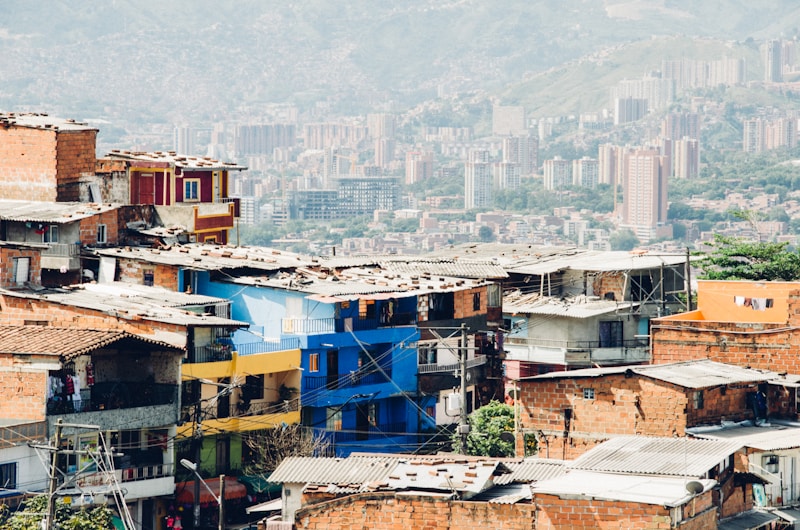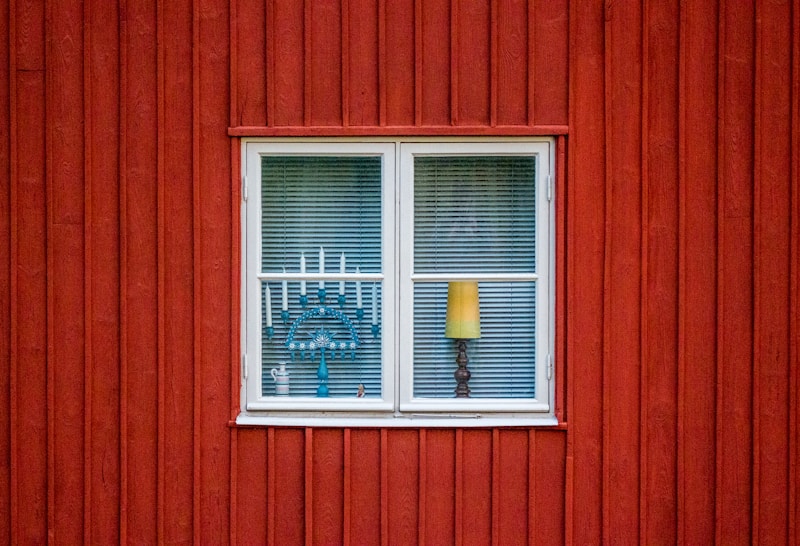28 Questions
Which canal was built for navigation from New York and the Atlantic? _ _ _ _ _ _ Canal
Erie
What was adopted to create a strong central government and a weak national government?
The Articles of Confederation
What was the last battle of the Revolutionary War?
Battle of Yorktown
Who was a Federalist that supported rule of law?
Alexander Hamilton
Between the Louisiana Purchase, Lincoln's inauguration, and the gold rush, what came first?
Louisiana Purchase
Was the Cold War before or after WWII?
False
Match the following wars/events with their descriptions:
Civil War = America's bloodiest conflict California Gold Rush = Followed Lincoln's inauguration Truman Doctrine = Provided aid to fight communism Stamp Act = First internal tax by Britain in 1765 Plessy v. Ferguson = Ruling of 'separate but equal'
Who made the cotton gin so cotton could process faster?
Eli Whitney
Which President abolished slavery?
Abraham Lincoln
Who wrote the Star Spangled Banner?
Francis Scott Key
What is the typical weather like in Greenland during the summer months of June and July?
cool temperatures around 50
Which type of irrigation system is NOT mentioned as one that can be used?
Hose
The pyramid of Giza is located in Egypt.
True
Florida had more population growth in 2000 because of what? ________
Air conditioning
Match the country with its known as a record keeper:
Greece = Record keeper Iraq = Saddam Hussein China = Open Door Policy
What was the effect of the eruption of Mt. St. Helens?
Ash in the roads
The Tropic of Cancer is in the Northern hemisphere and passes through India.
True
Who is known as the Renaissance Man?
Leonardo Da Vinci
Where is Machu Picchu?
Peru
In what mountain range can Mount Everest be found?
Himalayas
What was the final battle of the revolutionary war?
The Battle of Yorktown
What battle ended the war of 1812?
The Treaty of Ghent
What is an example of perceptual location?
The south
What is absolute location?
Longitude and latitude
Who invented terrace farming?
Incas
Who invented structures such as arches and roads?
Romans
Where did the idea of democracy come from?
Greece
What did women protest for in the 1960's and the 1970's?
Job equality
Study Notes
Geography
- Machu Picchu is located in Peru
- Mount Everest is located in the Himalayas
- The Atlas Mountains are located in Africa
- Bangladesh has the strongest monsoons
- The Panama Canal connects the Pacific and Atlantic Oceans
History
- The American Revolutionary War ended with the Battle of Yorktown
- The War of 1812 ended with the Treaty of Ghent
- The Mexican-American War led to the US gaining control of the Philippines
- The Spanish-American War led to the US gaining control of the Philippines
- The Civil War was the bloodiest conflict in American history
- The Great Depression began in 1929 and ended with WWII
- The Cold War was fought between the US and the Soviet Union
- The Korean War and Vietnam War were part of the Cold War
- The Truman Doctrine was a policy to contain communism
- The New Deal was a series of programs to help the economy during the Great Depression
Government and Politics
- The Constitution has 27 amendments
- The 10th amendment represents the federalist structure of the government
- The 14th amendment relates to the Civil Rights Act
- The President can veto a bill, but it can be overridden by a 2/3 vote in Congress
- The US has a democratic government with a system of checks and balances
- The government has three branches: Executive, Legislative, and Judicial
- The Bill of Rights is the first 10 amendments to the Constitution
Economy
- Inflation is decreased by increasing interest rates
- A market economy is characterized by private ownership and minimal government regulation
- The government plays a big role in the distribution of resources in a command economy
- Deficit spending stimulates a weak economy
- GDP (Gross Domestic Product) measures the economy's performance
Society and Culture
- The Civil Rights Movement fought for racial equality
- The Feminist Movement fought for women's rights
- The Industrial Revolution brought about changes in society and culture
- The Great Migration was a movement of African Americans from the South to the North
Science and Technology
- The lightbulb was invented by Thomas Edison
- Sputnik was a satellite launched by the Soviet Union
- The cotton gin was invented by Eli Whitney
- The polio vaccine was invented by Jonas Salk
International Relations
- The US fought in World War I and World War II
- The Cold War was a period of tension between the US and the Soviet Union
- The US has a policy of containment towards communism
- The Truman Doctrine was a policy to contain communism### Geography and History
- The Appalachian Mountains are a natural barrier that kept settlers' growth from expanding.
- Mt. Everest is the tallest mountain and is located in the Himalayan mountains.
- The Ural Mountains are located between Europe and Asia.
- Rwanda is where the conflict between Hutu and Tutsi takes place.
- The Sahel is located in North-central Africa.
- Anthropology is the study of human societies, their development, and their physical linguistics.
Cultural and Socio-Economic Concepts
- Polytheistic refers to the belief in multiple gods, while monotheistic refers to the belief in one god.
- The Aztecs were polytheistic, while the Spanish were monotheistic.
- Terrace Farming required less water and used mountain sides/hills.
- Deforestation increased the threat to wildlife.
- The Amazon Basin was known for having lots of rainfall.
- Loss of habitat is happening to the Amazon Basin.
Historical Figures and Events
- The Rosetta Stone helped scholars understand the ancient Egyptian writing system of hieroglyphics.
- The Egyptians formed paper from Papyrus.
- The Chinese invented printing.
- The Greeks invented the alphabet.
- Rome copied its government from other countries.
- The Pacific Ocean covers 1/3 of the Earth.
- Greece is known for hosting the 1st Olympic games and creating democracy.
- The Soviet Union is in Russia.
- The Mongols were nomadic hunter/gatherers who rode horses.
- The book "Silent Spring" affected the environment.
- The Aral Sea dried up due to urbanization.
Economic Concepts
- Renewable sources are resources that are naturally replaced and do not run out.
- Examples of renewable sources include wood.
- When a person changes the way they dress or behave to fit in, it is called assimilation.
- Topographical maps show natural and manmade features; elevation and contour lines.
- Latitude includes the equator and 90 degrees above and below it; the equator falls on Brazil and other countries.
- Longitude includes the prime meridian and 180 degrees to the left and right; the prime meridian falls on Spain and other countries.
Geographical Features and Concepts
- The Ring of Fire is along the Pacific Ocean.
- The British Empire is where the "sun never sets" because it is always daylight.
- England moved to the mid-Atlantic coastline.
- The largest mountains are the Himalayas.
- An example of an ethnic enclave is an embassy.
- Deforestation causes soil depletion.
- Greenland's weather is cool temperatures around 50 degrees during summer months.
- A delta is a lowland that is fertile where crops can grow.
- Pesticides hurt the environment.
- Drip irrigation is used in drought.
- Not native to the land means not indigenous.
Governments and Policies
- The open door policy allows for a system of trade in China.
- Russia's monarchy ended after war and the king's retirement; France's monarchy ended when citizens overthrew it.
- The Silk Road helped trade between Rome and China.
- The Aztecs had complex temples and pyramids.
- The difference between France and Africa is the economy.
- The open door policy set in motion the economic transformation of modern China.
- The Magna Carta is considered most important in limiting the power of kings and influencing the development of democracy.
Economic Systems and Concepts
- A pure market economy relies exclusively on markets to allocate resources.
- A mixed economy combines command and market economies.
- Command economy has high government control, equal distribution, no rich, no poor, communal ownership, and government and central planners decide how resources are used and distributed.
- Traditional economy has culture control.
- A market economy has no government control, unequal distribution, increased gap between rich and poor, private ownership, and is associated with technology.
Environmental and Resource Concepts
- Desertification occurs when human population overexploits and an area's ability to sustain itself through poor irrigation practices, overgrazing, deforestation, and other agricultural practices.
- Renewable resources can be replaced fairly easily and rapidly.
- Non-renewable resources are available only in limited supplies and cannot be reused.
Social and Political Concepts
- Imperialism is a policy where one country extends its power and influence over another weaker country in order to enrich itself.
- Gerrymandering manipulates the boundaries of an electoral constituency to favor one party or class.
- Oligarchy is a small group of people having control of a country, organization, or institution.
- Republic is a government where power is held by the people and their elected representatives.
- Confederation is a form of government consisting of a union of many states or countries.
- Monarchy is a country ruled by a monarch (king or queen).
- Dictatorship is a government or social situation where authority rests with one person.
Make Your Own Quizzes and Flashcards
Convert your notes into interactive study material.
Get started for free

